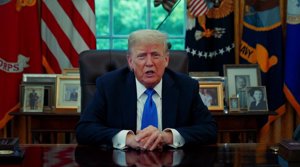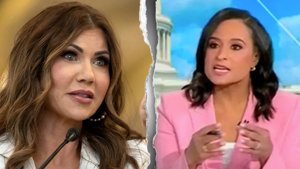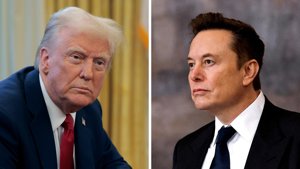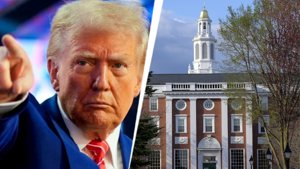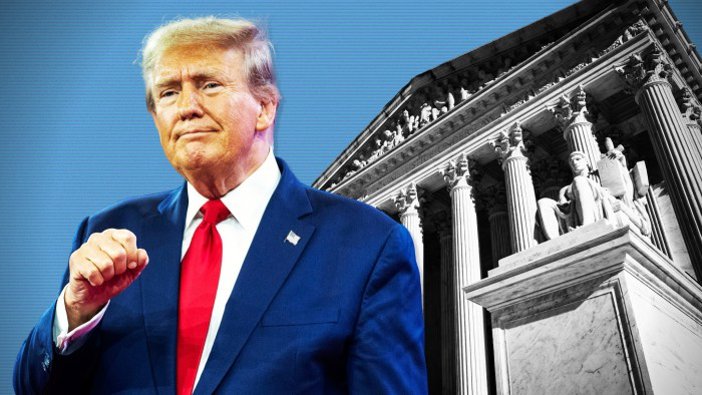
Supreme Court Restricts Universal Injunctions in Citizenship Case
Supreme Court narrows lower courts’ authority on nationwide injunctions, affecting hundreds of cases on Trump’s executive actions.
High Court Ruling Redefines Scope of Lower Court Injunctions
The Supreme Court on Friday delivered a landmark 6-3 ruling, partially granting the Trump administration’s request to limit the authority of federal district courts to issue universal, or nationwide, injunctions against executive actions. The decision stems from President Donald Trump’s order on birthright citizenship, which has been challenged in multiple federal courts across the country.
Writing for the majority, Justice Amy Coney Barrett clarified that the core issue was not the legality of the executive order itself, but whether federal courts have equitable power under the Judiciary Act of 1789 to block federal policies nationwide. “A universal injunction can be justified only as an exercise of equitable authority, yet Congress has granted federal courts no such power,” Barrett stated.
The justices’ decision allows some lower court injunctions in limited cases but curtails their routine use as a remedy for executive actions. The Court’s partial stay directly impacts hundreds of federal lawsuits filed against Trump administration policies, from immigration to military service and agency oversight.
Debate Over Judicial Authority and Executive Power
The issue before the Court centered on whether district courts should be empowered to halt federal policies nationwide, a practice that has increased in frequency as both Republican and Democratic presidents have used executive orders to bypass slow-moving legislative processes. U.S. Solicitor General D. John Sauer, arguing for the administration, contended that nationwide injunctions let single judges overrule the lawful actions of a sitting president, forcing the government to win in every jurisdiction simultaneously.
Liberal justices, including Sonia Sotomayor and Elena Kagan, raised concerns that restricting lower court powers would flood the Supreme Court with individual lawsuits and slow access to relief for those affected by executive orders. Kagan noted that the Trump administration had lost every federal challenge to its birthright citizenship policy, even before judges appointed by Trump himself.
On the other side, conservative justices, including Clarence Thomas, criticized the overuse of universal injunctions, suggesting they exceed traditional judicial boundaries. The justices struggled to define a clear standard for when such broad injunctions are appropriate, underscoring the complexity of the issue.
Representing the states, New Jersey Solicitor General Jeremy Feigenbaum acknowledged alternative remedies but cautioned that in urgent cases, class actions may not be fast enough to prevent harm. Chief Justice John Roberts and Justice Sotomayor questioned how lower courts could ensure uniform standards for granting or denying universal injunctions.
Ultimately, the Court’s decision leaves lower courts with limited options, signaling a significant shift in the federal judiciary’s role in checking executive authority. Legal experts predict the ruling will shape litigation strategies for years to come, particularly as presidents increasingly rely on executive actions to implement policy.
With over 300 lawsuits already challenging executive actions since the start of Trump’s second term, the Supreme Court’s ruling establishes new boundaries on judicial power and is poised to influence the balance of authority between the branches of government for the foreseeable future.


